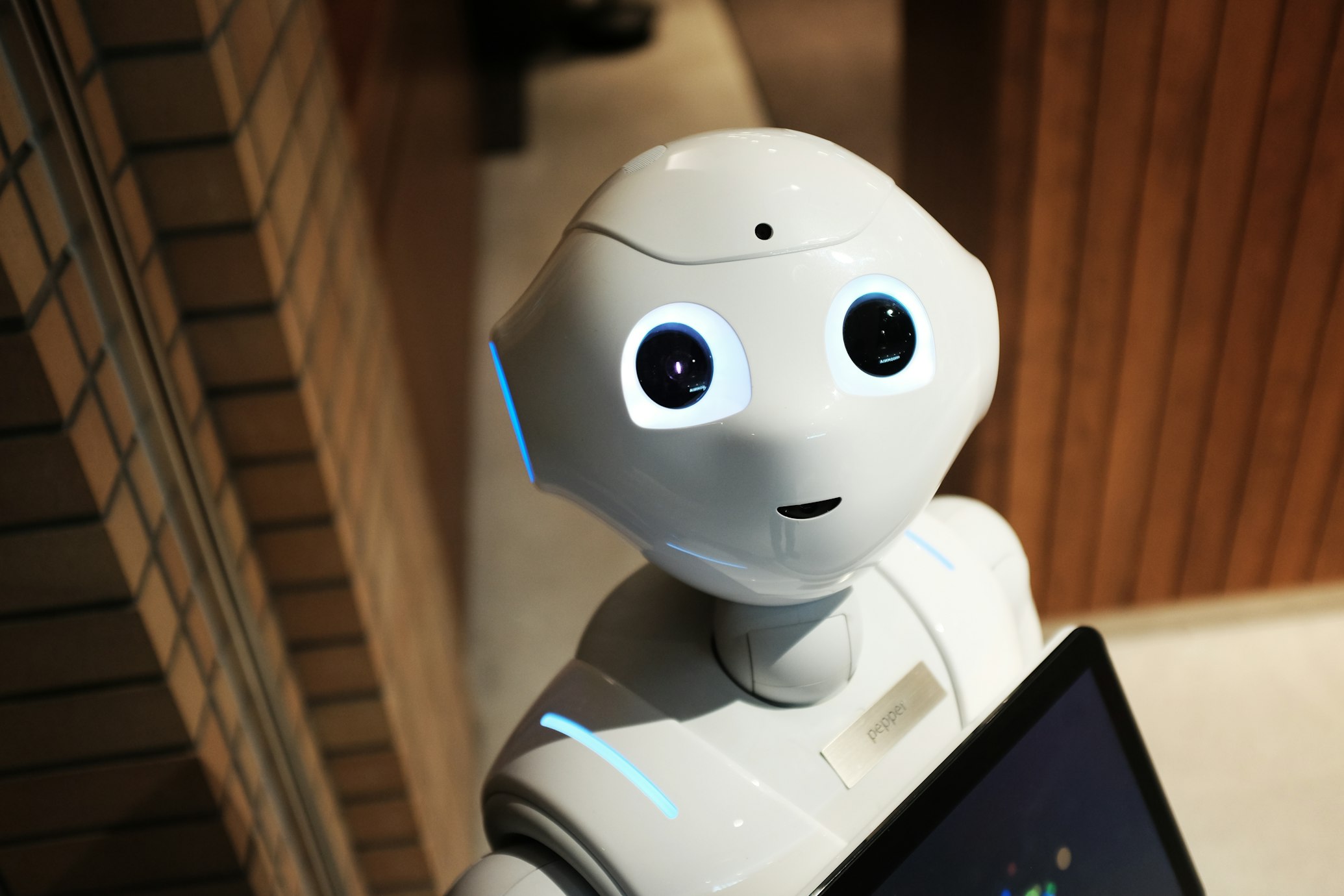AI Innovations: Shaping the Future of Technology
 Ankit Kumar
Ankit Kumar
• 14 min Read
Uploaded on 10th Oct, 2024

Description
A deep dive into the most groundbreaking AI innovations of the past decade and how they are transforming industries and daily life.
Keywords
AI, AI innovations, technology, future of AI, artificial intelligence
Introduction
Artificial Intelligence (AI) has become the cornerstone of modern technological advancements, influencing everything from healthcare to education, finance to entertainment. Over the past few years, AI innovations have accelerated at an unprecedented pace, pushing the boundaries of what machines can achieve and fundamentally altering how we interact with technology.
In 2024, AI is no longer confined to research labs and tech giants. It has permeated almost every industry, from AI-driven medical diagnostics to autonomous vehicles and smart homes. This blog explores some of the most exciting AI innovations, the transformative impact they are having, and the future of AI in shaping our world.
The Growth of AI: A Brief History
AI has come a long way since its inception in the 1950s. While early AI systems were limited by computational power and data availability, recent advancements in machine learning, neural networks, and deep learning have propelled AI into mainstream applications. Understanding AI's journey is essential to appreciate the scale of innovation that has taken place in recent years.
Key Milestones in AI Development
- 1956: Birth of AI: AI as a field of study officially began with the Dartmouth Conference, where the term "Artificial Intelligence" was coined.
- 1997: Deep Blue Defeats Garry Kasparov: IBM's Deep Blue, a chess-playing AI, defeated the world chess champion, marking a significant breakthrough in AI's problem-solving capabilities.
- 2012: Deep Learning Revolution: The rise of deep learning algorithms, powered by GPUs, brought AI back into the spotlight. AI systems could now recognize images, translate languages, and even generate human-like speech with remarkable accuracy.
- 2020 and Beyond: AI Everywhere: From autonomous vehicles to AI-generated art, the 2020s have seen a massive surge in AI applications, touching every aspect of human life.
AI Innovations Across Industries
1. Healthcare: AI-Powered Precision Medicine
AI integration into healthcare has been revolutionary. AI systems assist doctors in diagnosing diseases, analyzing medical scans, and predicting patient outcomes. Tools like IBM Watson Health and Google’s DeepMind have transformed the healthcare sector.
- Medical Imaging: AI algorithms help radiologists detect anomalies such as tumors and fractures with high precision.
- Personalized Medicine: AI-driven treatment plans tailored to patients’ genetic makeup improve outcomes for chronic diseases.
- Drug Discovery: AI platforms simulate biological processes, accelerating drug development.
2. Autonomous Systems: Self-Driving Cars and Drones

Autonomous vehicles have become a visible example of AI innovation. Companies like Tesla and Waymo invest heavily in AI to enable vehicles to process sensor data and make real-time decisions.
- Autonomous Vehicles: AI self-driving cars could revolutionize transportation by reducing accidents and lowering emissions.
- AI in Drones: AI-powered drones aid industries in tasks like surveillance, crop monitoring, and delivery services.
3. Natural Language Processing (NLP) and Conversational AI
Advancements in NLP allow AI systems to understand and generate human language. Tools like GPT-3 and voice assistants such as Siri and Alexa have transformed human-machine interaction.
- Language Translation: AI tools like Google Translate bridge language gaps and enable real-time communication.
- Generative Models: AI models like GPT-4 automate text generation for tasks like customer service and content creation.
4. AI in Finance: Automating the Future of Money
The finance industry has embraced AI for automating routine tasks and enhancing decision-making. Robo-advisors, AI-driven fraud detection systems, and trading algorithms lead the way in financial innovation.
- Fraud Detection: AI analyzes transactions to detect fraudulent activity in real-time.
- Robo-Advisors: AI provides personalized financial advice and automates investment strategies.
- AI in Trading: AI analyzes market trends and executes trades with high efficiency.
5. AI in Education: Personalized Learning and Beyond
AI can revolutionize education by personalizing learning experiences and offering tools that help educators focus on teaching.
- Intelligent Tutoring Systems: AI-powered tutoring systems provide adaptive learning paths for students.
- Administrative Automation: AI assists educators with tasks like grading and tracking attendance.
The Role of Generative AI
Generative AI refers to algorithms that create new content, such as text and images. Tools like GPT-4 and DALL·E have proven AI’s ability to mimic human creativity in industries like entertainment, design, and advertising.
- Creative Applications: AI generates art, music, and even fashion designs.
- Content Generation: AI automates content creation, enhancing efficiency in marketing and business.
Ethical Considerations and Challenges
Despite its benefits, AI raises ethical concerns around privacy, bias, and job displacement.
- AI Bias: Algorithms can perpetuate biases present in training data, leading to discriminatory outcomes.
- Data Privacy: The large-scale use of data by AI raises concerns about how this data is handled.
- Job Displacement: AI's role in automation could impact jobs, requiring workforce retraining and policy discussions.
The Future of AI: What Lies Ahead
The future of AI is exciting, with quantum computing, edge AI, and robotics expected to see significant developments.
- Quantum AI: Integrating AI with quantum computing could solve complex problems previously unsolvable.
- Edge AI: AI computation on the edge (on-device) will reduce latency and improve privacy.
- AI in Robotics: The combination of AI and robotics will lead to smarter machines across industries.
Conclusion
AI innovations are transforming industries and society at large. As AI evolves, its potential to solve problems and create new opportunities will only continue to grow, shaping the future in unimaginable ways.
Share this blog

